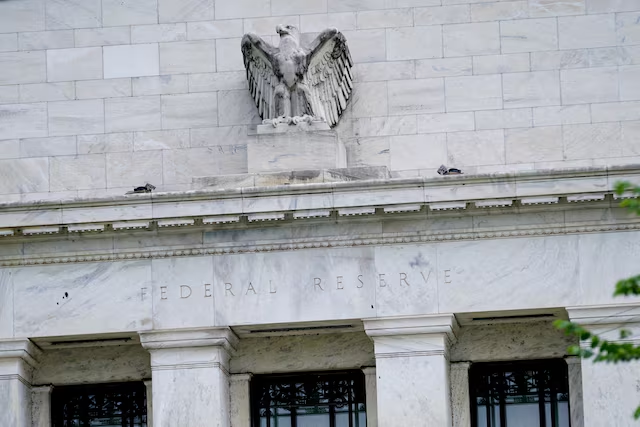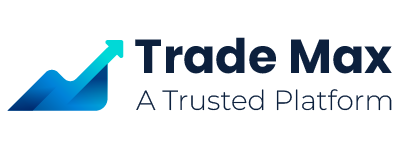U.S. bank regulators are arguing over the path forward for rules easing bank capital hikes, with some wanting to allow additional feedback from Wall Street after the industry vigorously pushed back, said five people familiar with the matter.
The Federal Reserve, which is leading the project, is considering reproposing the “Basel endgame” rule, while the Federal Deposit Insurance Corporation (FDIC) and Office of the Comptroller of the Currency (OCC) do not want to go that route, the people said.
All three have spent the past few months poring over dozens of comments criticizing its July 2023 proposal and considering changes. Once the agencies have agreed to a revamped draft, they have to decide whether to finalize the rules and have them take effect, or repropose them, allowing for a second round of feedback.
A reproposal that includes significant changes can add months to an already lengthy and complex process.
Fed officials believe that reissuing the proposal and allowing Wall Street banks which have said the rules will hurt lending and the economy to comment on changes to the draft would reduce the risk they sue to overturn the final version, said three of the sources.
But FDIC and OCC officials believe there is no legal need to repropose the rule and that doing so just months ahead of the Presidential election could endanger the project, one person said. They worry presumptive Republican presidential nominee Donald Trump could hand control of the agencies to Republicans who oppose the rule should he regain the White House.
The sources, which include industry and regulatory officials, asked not be identified discussing the private talks.
“Reproposing takes time,” said Todd Phillips, a banking law professor at Georgia State University and former FDIC attorney who generally favors stricter rules. “Reproposing Basel now imperils it from ever being finalized.”
The debate over how to proceed is important, as typically the three regulators prioritize operating in lockstep to provide banks with consistent rules.
The Basel proposal implements international capital standards agreed by the Basel Committee on Banking Supervision following the global financial crisis. The European Union on Tuesday said it will delay a core element of its Basel reforms by one year to January 2026
FLUSH WITH CASH?
Reuters reported in March that the agencies planned significant changes, while the Wall Street Journal reported, opens new tab last month that they might halve the capital impact but were undecided on whether to repropose. Details on officials’ thinking and the reason for the impasse are reported here for the first time.
Spokespeople for the three agencies declined to comment.
“If a reproposal ends up being appropriate, we’ll do that,” Vice Chair for Supervision Michael Barr told lawmakers in May.
The question of whether or not to repropose Basel is central to its ultimate strength and durability. As originally proposed nearly a year ago, Basel would hike bank capital by around 16%. Regulators say extra capital will guard against unforeseen risks, while Wall Street banks say it would force them to overhaul their businesses and reduce lending.
The industry has won major concessions that could push the capital figure into the single digits, according to three sources, but banks are still pushing hard for a reproposal which would give them another opportunity to ease it further.
Wall Street banks have threatened to sue if the agencies do not repropose, alleging they violated a federal law which requires agencies to justify new rules and allow time for, and fully consider, public feedback.
Banks say they are already flush with cash and that the agencies have not provided an economic reason for the rule.
Fed officials believe reproposing would help address that complaint but FDIC and OCC officials believe banks’ claims are invalid and that there is no legal need to repropose, three sources said. The Fed also plans to publish a quantitative impact study analyzing the potential impact of the plan.
The agencies have agreed to soften how banks calculate potential losses from operational risks, which is the costliest plank of the proposal, and how they gauge credit risk, three of the sources said.
They are still debating how far they should ease more stringent rules for modeling market risk, with the FDIC and OCC pressing to preserve the rule’s original language, two of the people said.
FDIC DRAMA
Turmoil at the FDIC where a damning investigation found widespread misconduct is also a potentially complicating factor for the Basel negotiations. Succumbing to mounting political pressure, FDIC Chair Martin Gruenberg last month said he will step down once the Senate confirms his successor.
Long a Wall Street critic, Gruenberg is the least sympathetic to bank complaints and has pushed for regulators to take a tough line, according to three sources. He strongly opposes reproposing the draft, one source said.
Some analysts and industry executives speculate he may now have an even stronger incentive to push the Fed hard to finalize the new draft.
A less experienced successor is unlikely to take on “the mighty Fed,” Ian Katz, managing director of Capital Alpha Partners, wrote in a note last month.
Gruenberg did not provide comment for this story but said last month regulators want to quickly complete the rule.
The Fed also has tricky internal politics to negotiate. Two governors voted against proposing Basel originally, in a rare display of dissent among the central bank’s board. Both Barr and Fed Chair Jerome Powell have said they want “broad consensus” on the rule, but achieving that could mean pushing the OCC and FDIC to repropose.



